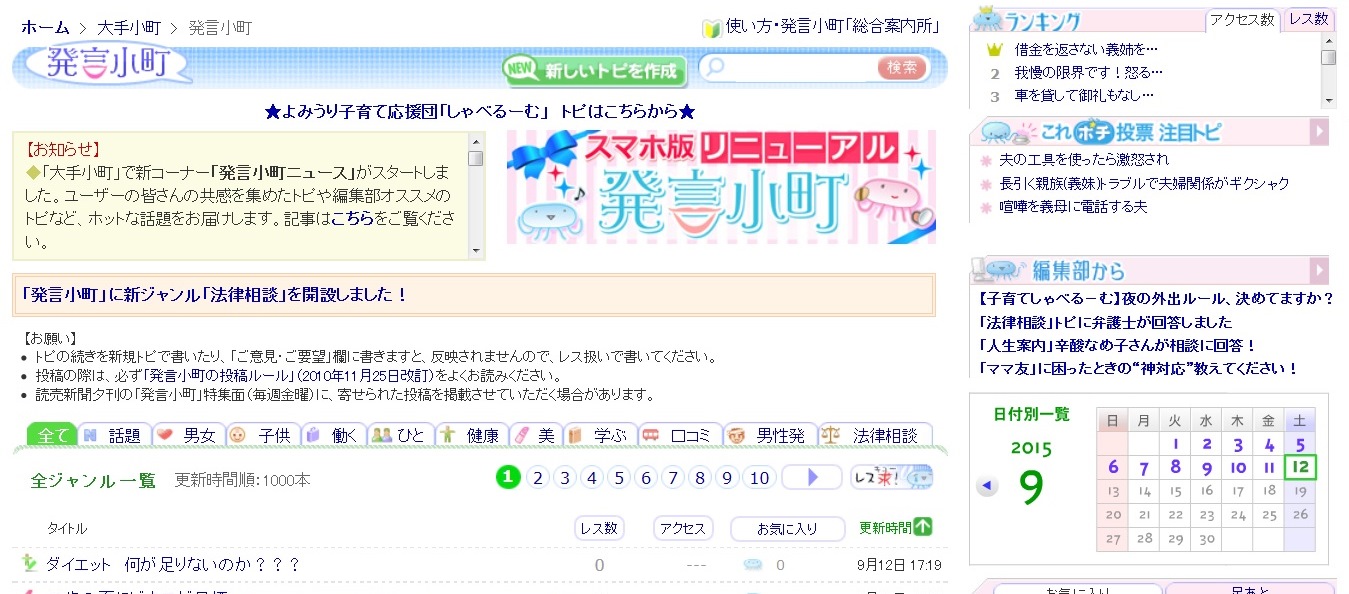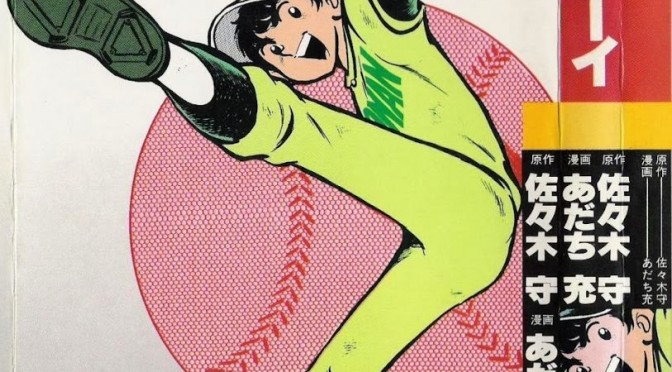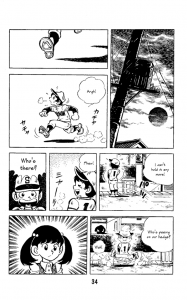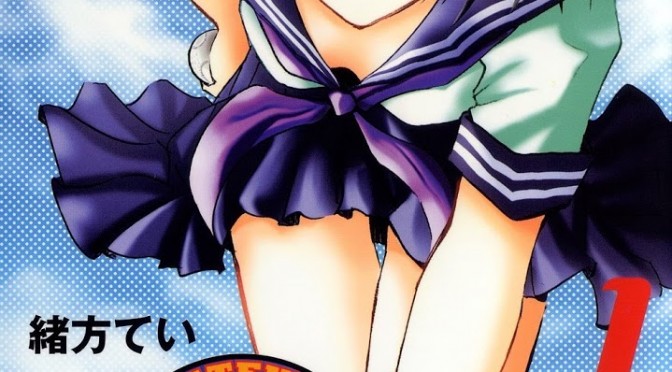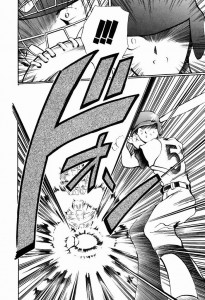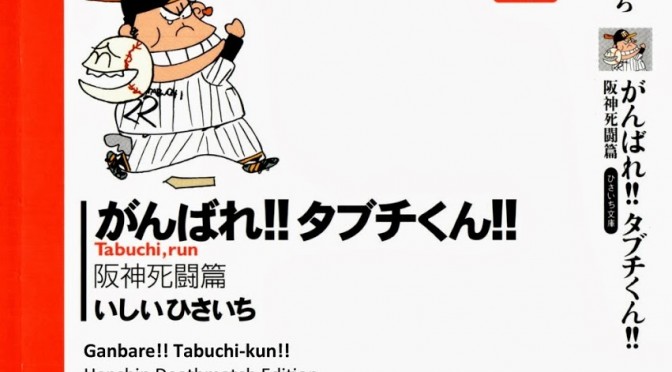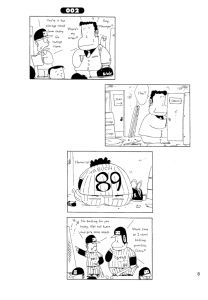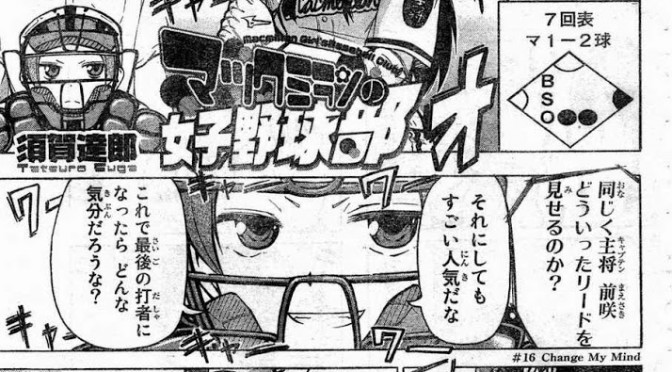Do you know Yomiuri Komachi? It’s a Japanese webforum that’s basically an agony aunt site (http://komachi.yomiuri.co.jp/)*. People post their problems and other users give them advice and potential solutions. Problem posters can write back and answer questions, ask further questions or give updates on how the situation turned out, which was my favorite part of the site. I used to be an avid reader of the site right up to this month. I even translated a few of the problems into English on this very site.
*(More accurately it’s actually 発言小町 hatsugen komachi that’s the name of the agony aunt section, but nvm)
What I liked
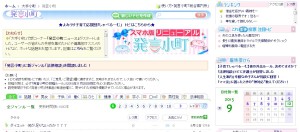 All the questions are moderated before being posted, and answers seem to be moderated as well. That means both questions and answers are almost always polite, well-formed and easy to read and understand. No flaming, no vulgarity or cursing or l33tspeak or excessive slang. It’s done wonders for my written Japanese, and I’ve learned lots of proverbs and sayings as well.
All the questions are moderated before being posted, and answers seem to be moderated as well. That means both questions and answers are almost always polite, well-formed and easy to read and understand. No flaming, no vulgarity or cursing or l33tspeak or excessive slang. It’s done wonders for my written Japanese, and I’ve learned lots of proverbs and sayings as well.
Getting updates and clarification from the original poster. Most traditional agony aunt column have the aunt give the answer and then that settles it. Sometimes there are comment sections where the readers can chip in, but you still don’t hear back from the poster about whether the advice helped or not.
Why I’m quitting
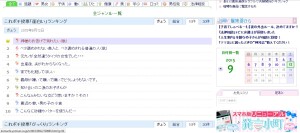 – Original poster updates are on the decline. It used to be that most posters were at least polite enough to come back and say “Thanks for the advice” even if they ended up not using it, but now they just post the question and disappear forever. Was the advice good? Did it help any? What happened? It’s like having a movie cut off in the middle. So frustrating!
– Original poster updates are on the decline. It used to be that most posters were at least polite enough to come back and say “Thanks for the advice” even if they ended up not using it, but now they just post the question and disappear forever. Was the advice good? Did it help any? What happened? It’s like having a movie cut off in the middle. So frustrating!
-Too many defensive thread posters. It’s annoying when people post questions intended to serve as a rubber stamp for their own opinions. “I wasn’t wrong to do Terrible Thing X, was I?” Even if 200 posts follow telling them they were wrong, they either just ignore the thread, pick out the few ones that agree with them or argue endlessly that they’re right. It’s the rare, rare poster whose mind is swayed and can admit they’re wrong when they obviously are.
-Too many indecisive posters. They post the problem. They get advice. They don’t want to take the advice, so they keep coming up with objections. They’re called “でもでもだって” because they’re always finding excuses to everything.
e.g You want to get married, your boyfriend says he won’t marry you. “Find someone else” the advisers say. “But, but, I love him. But, but, what if there’s nobody else? But, but, what if he changes his mind? But, but…” And it just goes on and on and on. Same with people dealing with mooches or pushy neighbors, it’s always “But, but I don’t want to hurt their feelings. But, but I don’t want to make things awkward” and on and on. Nowadays I avoid those “my boyfriend won’t marry me” (and it’s always the boyfriends, wonder why) threads on principle because the woman almost never leaves. She just hangs in there going “But but” until everyone loses interest and goes away.
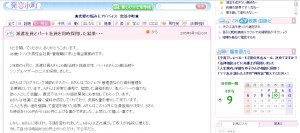 -Too much divorce advocacy. It seems like more and more the only answer people have for any problem involving marriage is “Leave him!” or “Leave her!” Some of the issues are very serious, to be sure, especially those involving domestic violence. But the vast majority of problems can be solved with time, patience, communication and counselling. Especially when there are kids involved, there’s no way just moving out is the best solution.
-Too much divorce advocacy. It seems like more and more the only answer people have for any problem involving marriage is “Leave him!” or “Leave her!” Some of the issues are very serious, to be sure, especially those involving domestic violence. But the vast majority of problems can be solved with time, patience, communication and counselling. Especially when there are kids involved, there’s no way just moving out is the best solution.
-And it’s like the users don’t even consider separation as an option, they always leap straight to divorce, like it’s so easy. And yet those same users are super-critical of questions from divorcees and single parents. I mean only a fool would divorce someone just because people on the internet told them to, but the irresponsibility of the posters who would even suggest such a thing makes me shake my head. God hates divorce.
-Overall loosening of morals in general. In the past 4 years I’ve been reading Yomiuri Komachi, I’ve noticed a general loosening of standards, especially when it comes to romantic relationships. When I started reading, the overwhelming mood towards couples living together before marriage was negative. Don’t do it, it’s immoral, you’re wasting your time, just get married already, etc. All good advice. But recently it’s swung in the opposite direction. The number opposing it has gone way down, and those opposing it for moral as opposed to “He won’t marry you” reasons are close to zero.
 -On similar note, in a recent thread a woman refused to sleep with a guy after the first date. Not only were there people in the thread saying she was being too hard-nosed but also almost all the responses assumed that she would be okay with sleeping with a guy she wasn’t married to if he would just ask her out first, or if they had gone on a few more dates instead of just one. The criticism directed at people who get pregnant before marriage has also gone way down – which is obvious since they’re basically encouraging people to jump into the sack with people they barely know. Such a huge decline in only four years, which makes me think it will only get worse in future.
-On similar note, in a recent thread a woman refused to sleep with a guy after the first date. Not only were there people in the thread saying she was being too hard-nosed but also almost all the responses assumed that she would be okay with sleeping with a guy she wasn’t married to if he would just ask her out first, or if they had gone on a few more dates instead of just one. The criticism directed at people who get pregnant before marriage has also gone way down – which is obvious since they’re basically encouraging people to jump into the sack with people they barely know. Such a huge decline in only four years, which makes me think it will only get worse in future.
tl;dr It was fun to read at first, but now the frustration outweighs the fun. Either I’m more sensitive to moral issues now thanks to the Spirit or there’s been a decline in morals, so it’s not as enjoyable to read. Reading stuff with people praising evil and putting down good is bad for spiritual growth, so it would be better for me to find a Christian advice forum and read the questions over there instead of expecting Biblical advice from non-believers. I’m done with Komachi Yomiuri.
